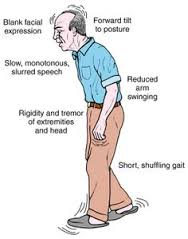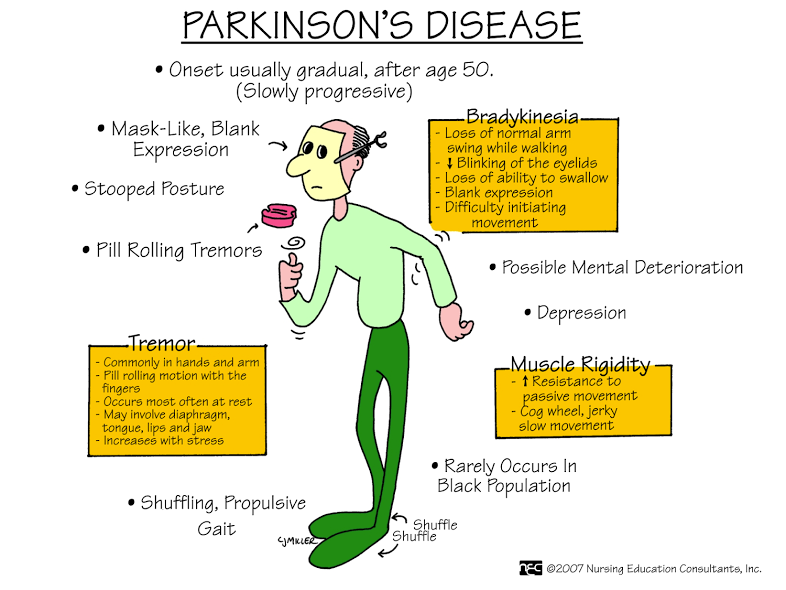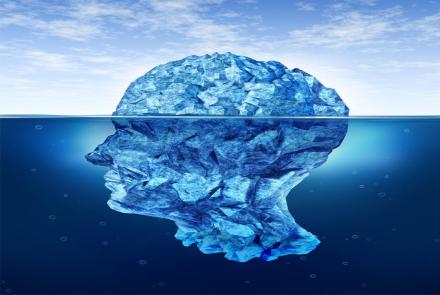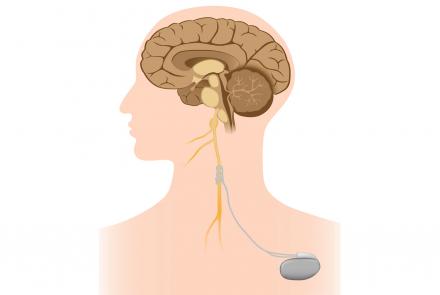Mrs Balasubramaniam has been looking after her husband, 83, who has Parkinson’s Disease, for more than a decade. She shares symptoms, treatments and caregiving tips.
When was your husband diagnosed with Parkinson’s Disease?
My husband was diagnosed with Parkinson’s Disease about 10 to 12 years back, but he probably had symptoms much before that were not very noticeable, such as mild abnormality of gait or sticking out his tongue occasionally.
What were the early…

Dopamine is a Brain Chemical that helps to control muscle movement. In Parkinson's Disease the brain cells that make dopamine slowly die. The resultant lack of dopamine in body leads to physical symptoms such as slowness of movement, unusual stiffness in body, tremors and loss of balance. Depression, anxiety, constipation, speech-swallowing problems are some of the many other affections of Parkinson's Disease.


Condition
Clinical Features and Diagnosis PDMDS.pdf
(651.59 KB)









